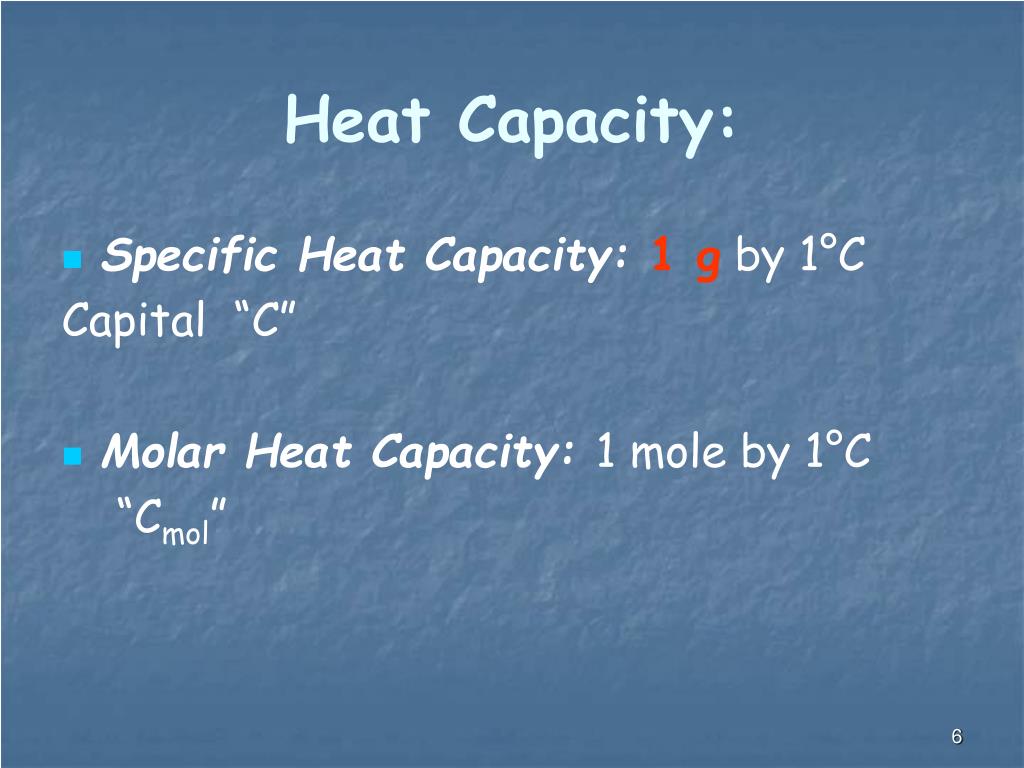

The thermodynamic systems tend to favor minimum entropy while in enthalpy it favors maximum enthalpy.The formula of calculating entropy is s=q/t whereas that of enthalpy is H=U+PV.
#ENTHALPY VS ENTROPY FREE#
Entropy is denoted as s while enthalpy as H. In response to a small perturbation, the free energy change of an equilibrium system belongs to the first class but the entropy and enthalpy changes belong.Entropy is a property while enthalpy is a type of energy.Entropy is measured by the difference between the heat change of the chemical process and the temperature while enthalpy represents heat change at standard conditions.The S.I unit of entropy is JK -1 while that of enthalpy is Jmol -1.Entropy is the measure of randomness or extent of disorder in a chemical process whereas enthalpy is the measure of heat change at constant pressure.It is the measure of heat change under constant pressure and temperatureĬore Difference Between Entropy and Enthalpy It is the measure of randomness of a disorder of a chemical reaction Enthalpy is a state function which implies that the value will not change regardless of the chemical route taken to obtain the productsĬomparison Chart: Entropy Vs Enthalpy Basic Terms What Is Enthalpy?Įnthalpy refers to the heat change when the reactions occur at constant pressure. You should note that the reaction move towards a higher level of disorder when products used are greater than reactants. Therefore, the randomness of a chemical reaction will increase when the number of molecules involved increases. The second law of thermodynamics state that entropy of an isolated system will always increase. The core difference between entropy and enthalpy in points form is that entropy is the measure of the degree of disorder while enthalpy represents the total heat content.Įntropy is the degree of randomness or extent of a disorder in a chemical reaction. Entropy change and enthalpy change tend to confuse many students studying chemistry. The thermodynamic system comprises of entropy and enthalpy. This means that the entropy can have any positive value or a small negative value that is proportionate to a low temperature so that delta G has a negative value. It is represented as Δ H = Δ E + P Δ V where E is the internal energy.What is the difference between entropy and enthalpy? Given that this reaction is spontaneous and must have a negative enthalpy, then the Gibbs free energy equation has to have a negative value. Enthalpy is the measure of total heat present in the thermodynamic system where the pressure is constant. Δ S = Δ H, which means that in absolute temperature with some change in entropy results in a change of enthalpy. How do you calculate enthalpy in a closed system? For example, it increases when heat is added and decreases when heat is withdrawn from that system. Thereby it changes when heat enters or leaves a system. It deals with the heat contained in any system. What is enthalpy of heat?Įnthalpy is defined as a change in internal energy and volume at constant pressure. Also, it is concluded that if the enthalpy decreases, a reaction is successful. The change of enthalpy in a reaction is almost equivalent to the energy gained or lost during a reaction. Where E is enthalpy, U is internal energy of any system, P is pressure, and V is volume. What is the relationship between enthalpy and energy gain or loss? The primary difference between Enthalpy and Entropy is that Enthalpy refers to the overall energy of a system, whereas entropy refers to the randomness and chaos within a particular system. What is the difference between enthalpy and entropy? So, if a reaction releases more energy than it absorbs, the reaction is exothermic and enthalpy will be negative. The enthalpy of a reaction is equal to the energy required to break the bonds between reactants minus the energy released by the formation of new bonds in the products. “a system becomes more stable when its energy is spread out in a more disordered state”. The entropy has increased in terms of the more random distribution of the energy. Does increasing entropy increase stability? Looking at the equation, we can see that the value for will ALWAYS be negative if enthalpy is negative and entropy is positive. In order for a reaction to be spontaneous, Gibb’s free energy must be negative. In this formula, is enthalpy, is entropy, and is the temperature in Kelvin. This video explains enthalpy and entropy with a example. Therefore, the free energy expression provides a relationship between enthalpy and entropy. Enthalpy, entropy are thermodynamic quantity used in thermodynamics. Where at constant temperature, the change on free energy is defined as: ΔG=ΔH−TΔS. Does enthalpy change with entropy with temperature? That means that if you are calculating entropy change, you must multiply the enthalpy change value by 1000. But entropy change is quoted in energy units of J. When you quote figures for enthalpy change they will have energy units of kJ. There is a mismatch between the units of enthalpy change and entropy change.


 0 kommentar(er)
0 kommentar(er)
